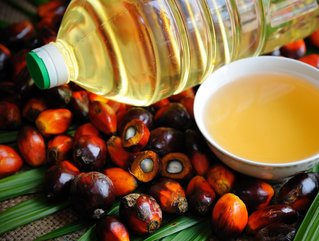Nestlé to use satellites to monitor palm oil plantations for deforestation

Nestlé has announced that it will use satellites to monitor palm oil plantations for signs of deforestation across its supply chain.
The Swiss food and beverage conglomerate said the technology will accelerate its commitment to more sustainable ingredient sourcing.
"Nestlé has always been committed to source the raw materials we need to make our products in a responsible manner,” said Magdi Batato, Executive Vice President, Head of Operations, Nestlé S.A.
“In 2010, we made a No Deforestation commitment stating that all our products globally will not be associated with deforestation by 2020.”
SEE ALSO:
- Starbucks commits to 10,000 ‘Greener Stores’ by 2025
- From farm to cup: Looking at the supply chain of a fair trade coffee bean
- PepsiCo joins Nestlé and Danone in NaturALL Bottle Alliance
The technology, named Starling, was developed by Airbus and a non-profit group called the Forest Trust.
The innovation uses radar and satellite imagery in order to monitor forest cover changes in almost-real time.
By 2020, Nestlé has vowed to eliminate deforestation in its supply chain and it has also pledged to have 100% of its palm oil certified by Roundtable on Sustainable Palm Oil by 2023.
In recent years, palm oil, a type of vegetable oil used in confectionery and other consumer goods, has received criticism due to the environmental impact of clearing forests to make way for plantations.
"Our 'eyes in the sky' will monitor our palm oil supply chain 24/7, regardless of their certification status,” added Benjamin Ware, Global Head of Responsible Sourcing, Nestlé S.A.
“This will enable us to further disclose publicly what we find, where we choose to suspend non-compliant suppliers, and where we choose to engage and improve the situation,”
As of 2017, Nestlé said that 63% of its global supply chain was deforestation-free.






